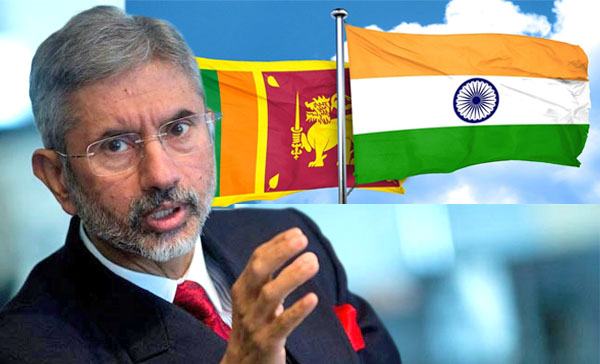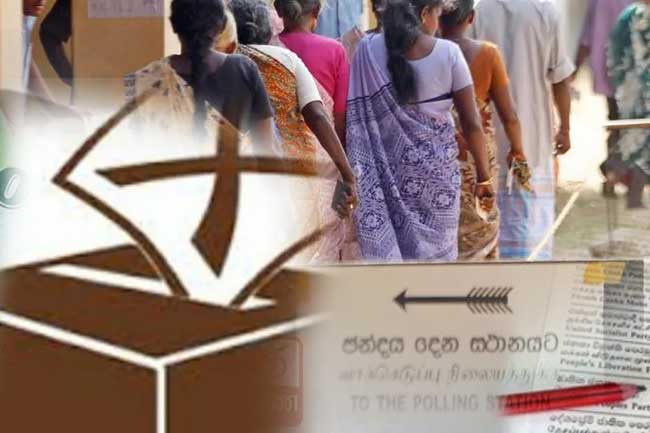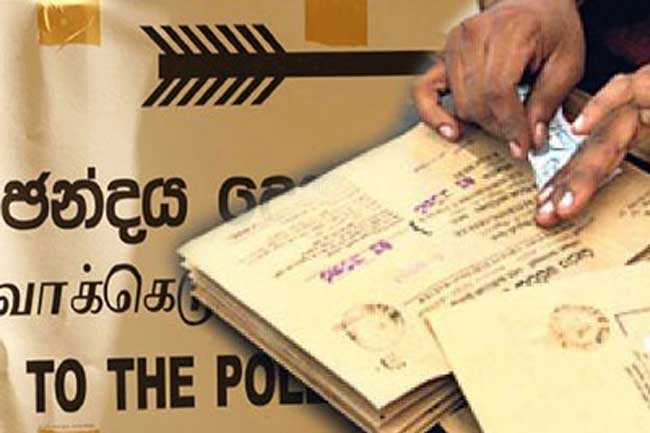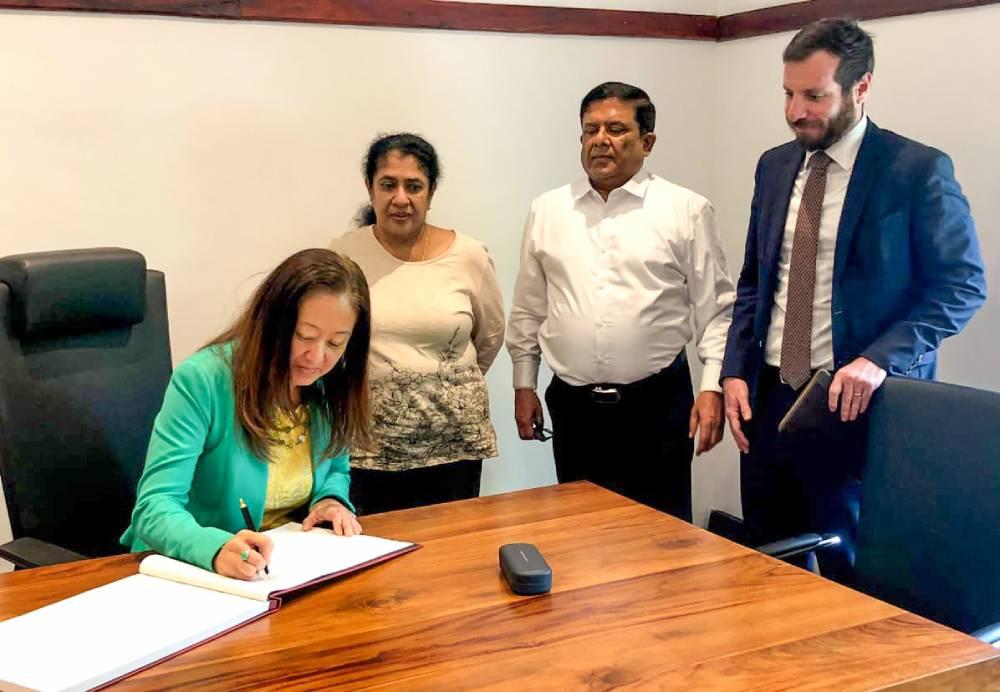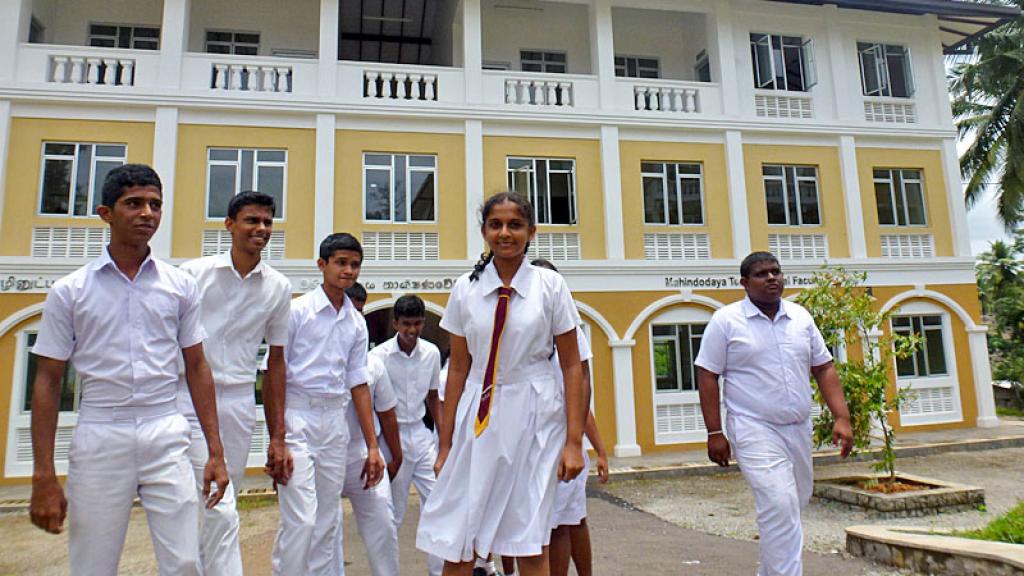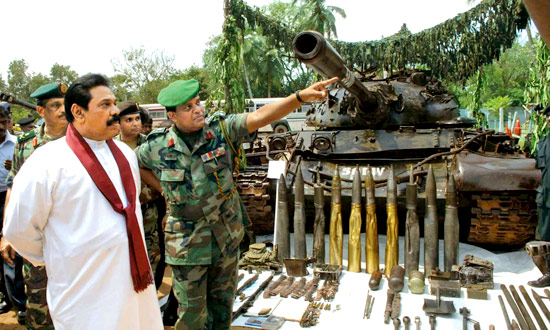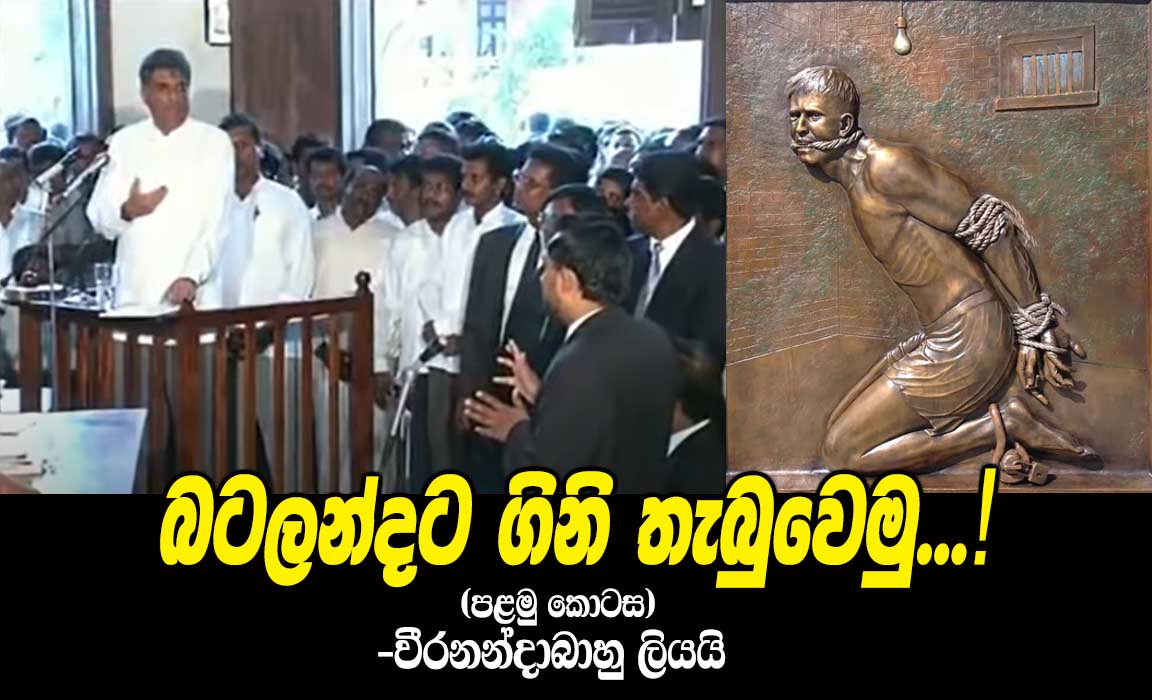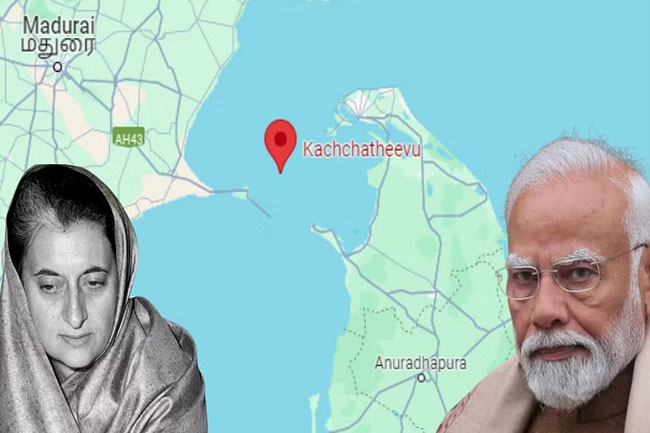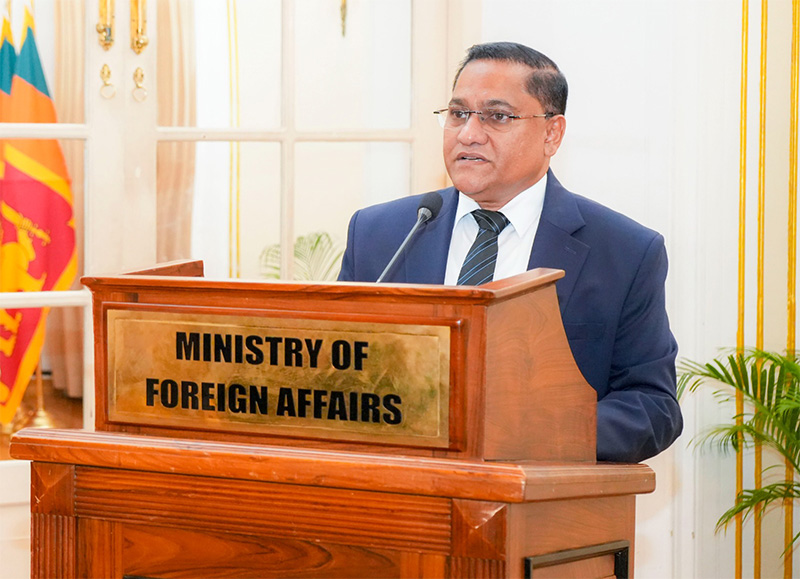Responding to queries regarding the plight of Indian fishermen detained in Sri Lanka during the question hour in the Rajya Sabha, Indian External Affairs Minister S Jaishankar on Thursday said the government has inherited this problem due to events that can be traced back to 1974 and 1976.
“Sri Lanka has two laws — the Fisheries and Aquatic Resources Act of 1996 and the Fisheries Regulation of Foreign Fishing Boats of 1979. Both these acts were amended in 2018 and 2023, providing for much stiffer sentences, bigger fines, and greater detention,” he told the House.
He explained that many of those serving sentences are boat owners, skippers, or repeat offenders, complicating resolution efforts.
He stated that the “root cause” of the ongoing issue related to the detention of Indian fishermen in Sri Lanka began in 1974 when the international maritime boundary line was drawn, followed by an exchange of letters in 1976 with Sri Lanka delineating fishing jurisdiction.
“The House is aware that, in a way, our government has inherited the problem. This problem began in 1974 when the international maritime boundary line was drawn, followed by an exchange of letters in 1976 delineating fishing jurisdiction. These decisions are the root cause of the situation,” Mr Jaishankar said responding to the issue raised by DMK member Tiruchi Siva.
He further noted that most of the fishermen detained in Sri Lanka are from Tamil Nadu and Pondicherry due to geographical proximity. “Because it is Sri Lanka, it is natural that most of the fishermen will be from Tamil Nadu and Pondicherry,” he said.
Providing an update on the number of fishermen detained in the island nation, he said, “Till yesterday, there were 86 Indian fishermen in Sri Lankan custody. Today, one more trawler has been apprehended, adding 11 more fishermen. So, in total, 97 are in custody–83 are serving sentences, three are awaiting trial, and 11 have been apprehended today.”
(The Statesman)


